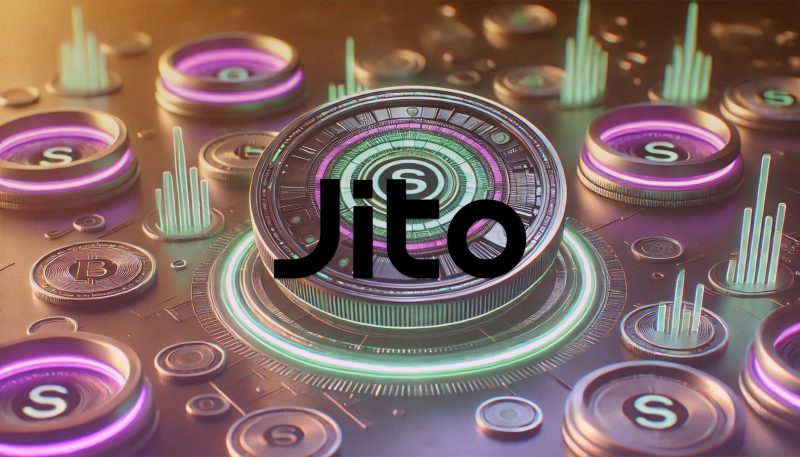
Jito releases open-source code for restaking on Solana
Solana's first staking and restaking program allows protocols to use any asset for economic security.
Jito Foundation has released open-source code for a staking and restaking program on Solana, marking a significant advancement in the network’s restaking capabilities.
The yet-to-be-audited code from Jito enables any protocol building on Solana to establish a mechanism for providing economic security to on-chain applications, or “actively validated services” (AVS).
Notably, Jito’s implementation allows users to secure these services using any chosen crypto asset, differing from EigenLayer’s Ethereum-based approach that limits collateral to ETH, certain ETH derivatives, and EIGEN tokens.
Lucas Bruder, a Jito Network contributor, highlighted the flexibility of this architecture, stating it would be useful specifically for AVSs. While Jito’s code release puts it ahead in the Solana restaking race, sources familiar with the project indicate that mainnet implementation is slated for later this year
Restaking sector slump
This development comes as the broader restaking sector faces challenges. EigenLayer has seen a 13% drop in total value locked (TVL) over the past 30 days, declining to $15.1 billion despite relatively stable ether prices. Other restaking protocols like Renzo and Kelp have experienced even steeper TVL declines of 45% and 22% respectively.
The restaking sector’s recent downturn can be attributed to various factors, including the transient nature of points farming and comparatively low yields. While protocols like Renzo offer an annual yield of 3.43%, alternative yield-generation platforms such as Ethena are providing returns exceeding 10%. This yield disparity has led some investors to explore more lucrative options outside the restaking ecosystem.

 Earn with Nexo
Earn with Nexo